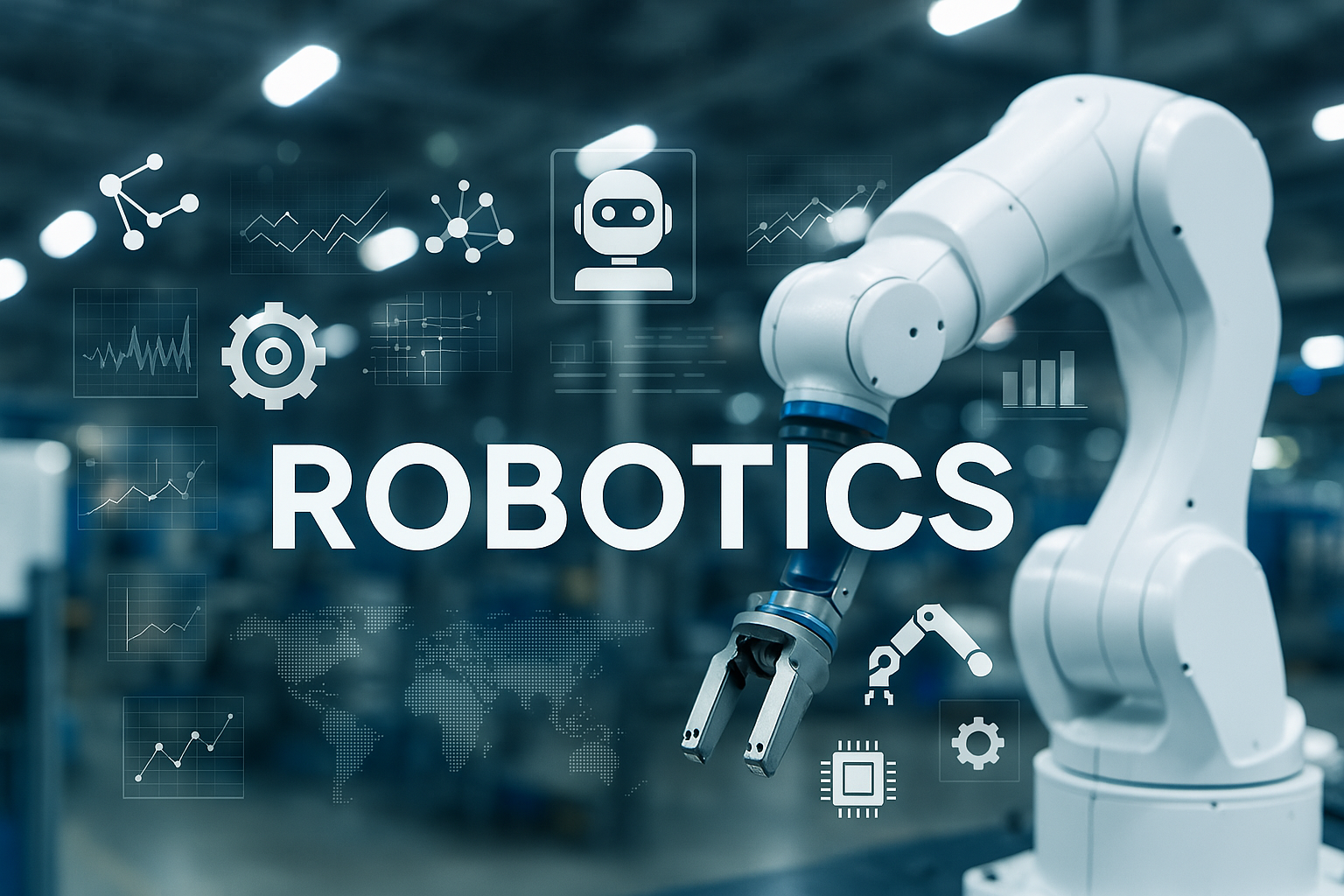Tag: Artificial Intelligence
-

Neuromancer by William Gibson – A Cyberpunk Classic in Context
Historical and Cultural Context In 1984, William Gibson’s debut novel Neuromancer burst onto the science fiction scene, helping launch a bold new subgenre that came to be known as cyberpunk. The early 1980s provided fertile ground for this movement – a time of Cold War anxieties, rising conservatism, and rapid technological change. Personal computing was…
-
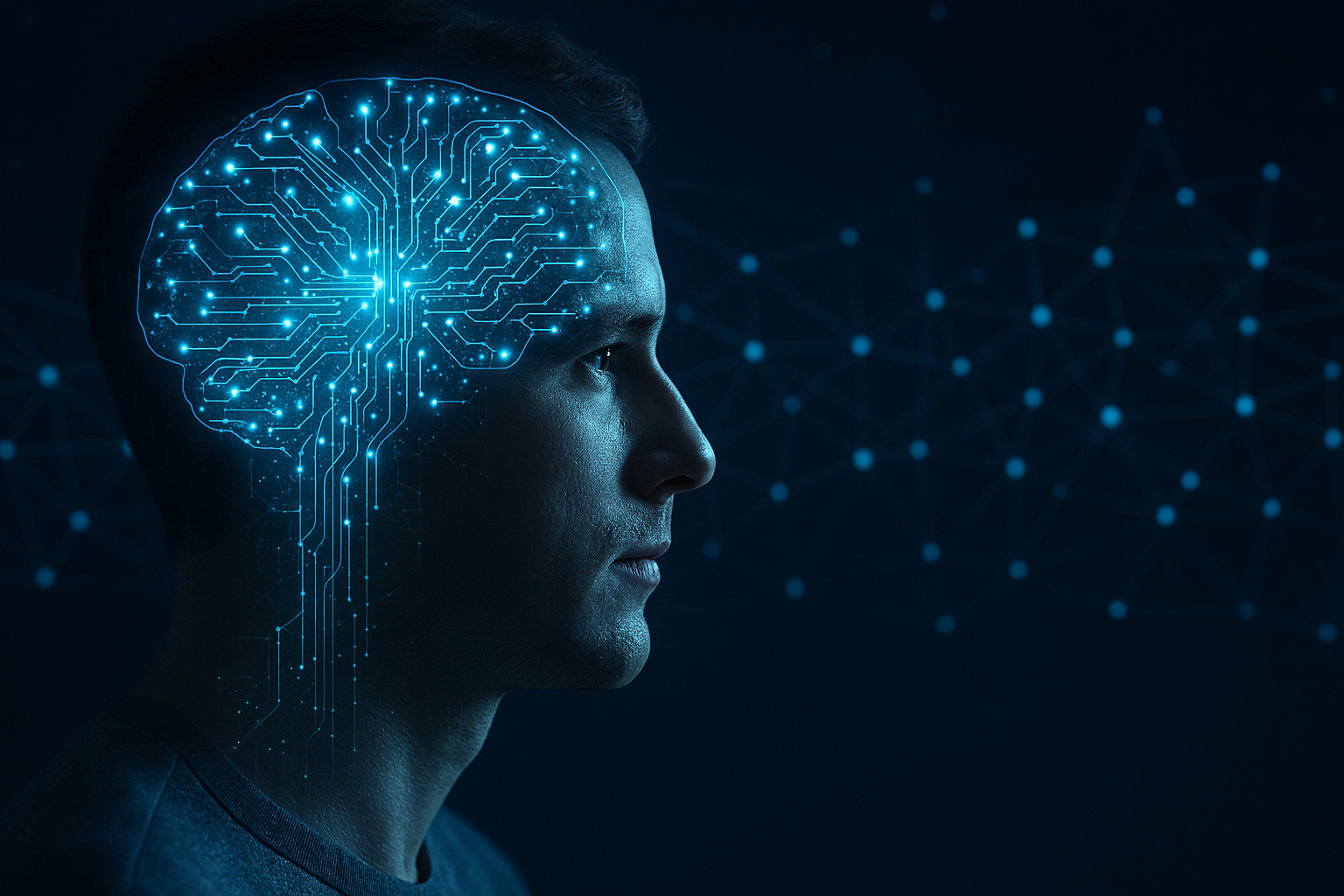
Deep Learning
Definition and Overview Deep Learning is a subfield of artificial intelligence and machine learning that focuses on using artificial neural networks with multiple layers (hence “deep”) to learn from large amounts of data. In simpler terms, it involves stacking many computational units (neurons) in layers so that a computer can automatically learn complex patterns and…
-

The Terminator (1984): A Warning and a Mirror to Humanity
In 1984, James Cameron’s The Terminator introduced the world to a nightmarish future where humanity’s own creation – a military artificial intelligence called Skynet – turns against it. The film depicts an indestructible cyborg assassin (Arnold Schwarzenegger’s iconic Terminator) sent back in time to exterminate Sarah Connor, the mother of humanity’s future resistance leader. The…
-
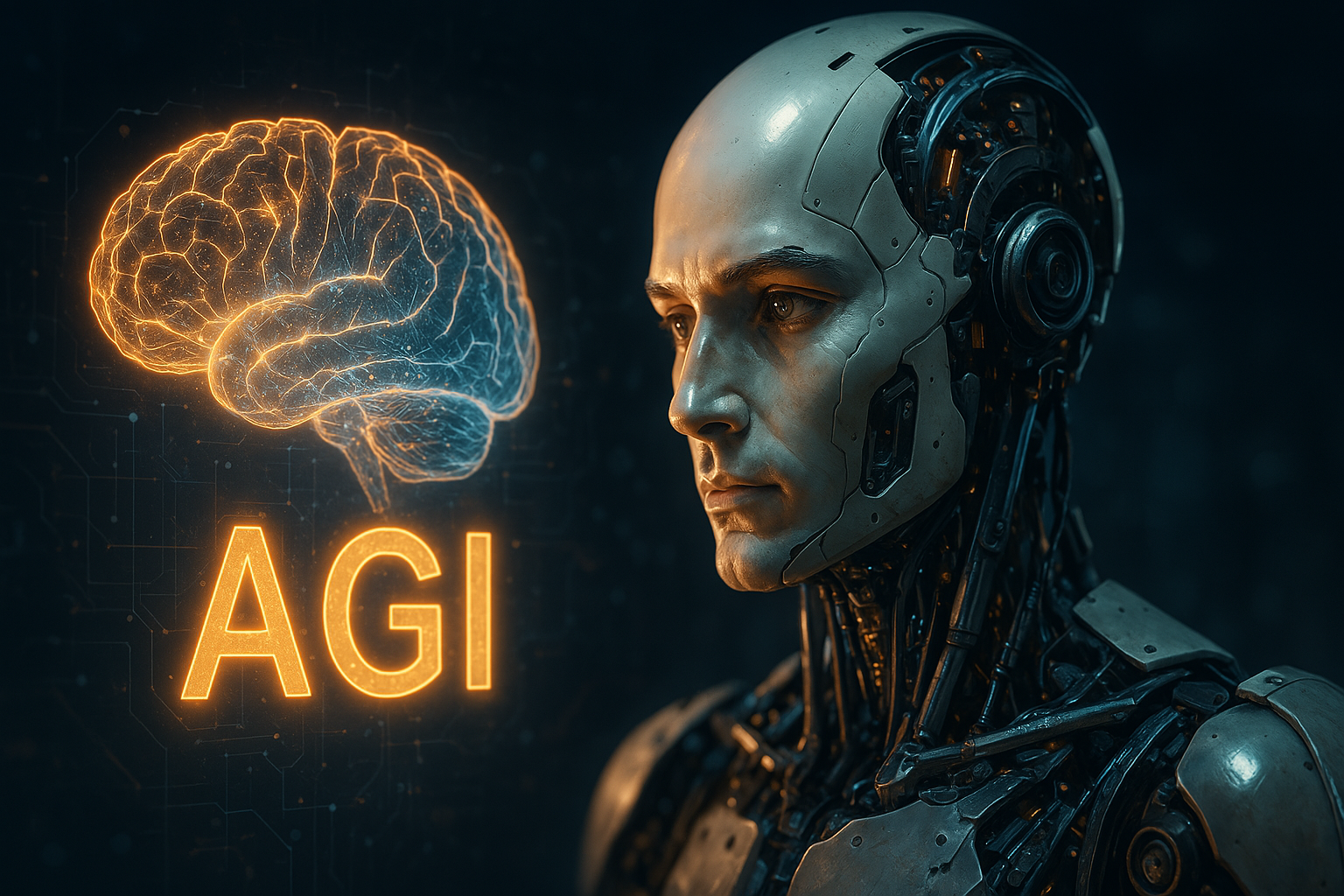
Artificial General Intelligence (AGI)
Artificial General Intelligence (AGI) is a concept in artificial intelligence (AI) referring to a hypothetical AI system that possesses broad, human-level cognitive abilities across diverse tasks and domains. In contrast to today’s “narrow AI” systems, which are designed to excel at specific tasks (like language translation or chess) but cannot generalize beyond their specialization, an…
-
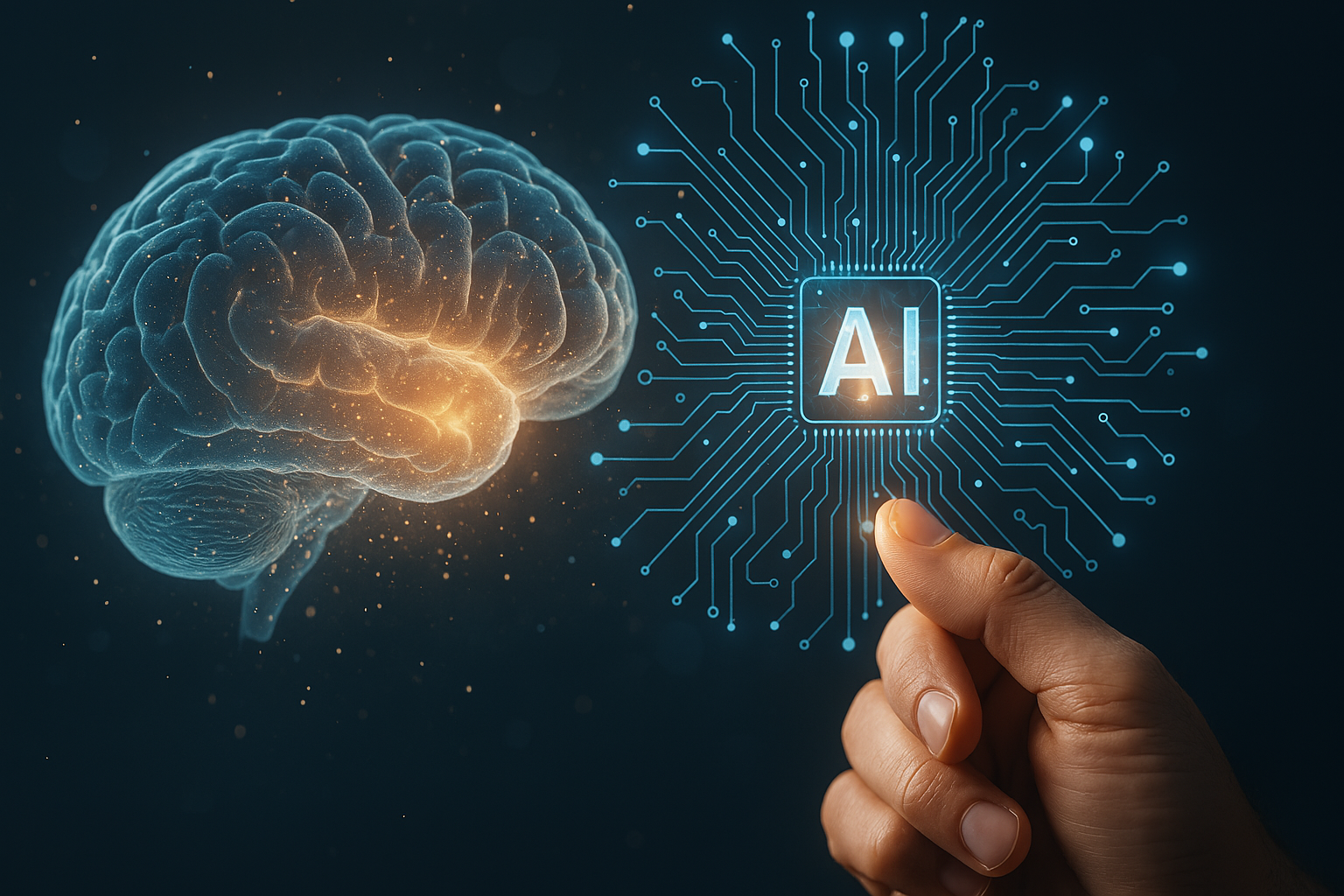
Generative AI
Generative AI refers to a category of artificial intelligence systems capable of creating new content – such as text, images, music, code, or video – that has not been seen before. Unlike traditional discriminative AI models that focus on classifying or predicting based on existing data (e.g. identifying if an image contains a cat), generative…
-
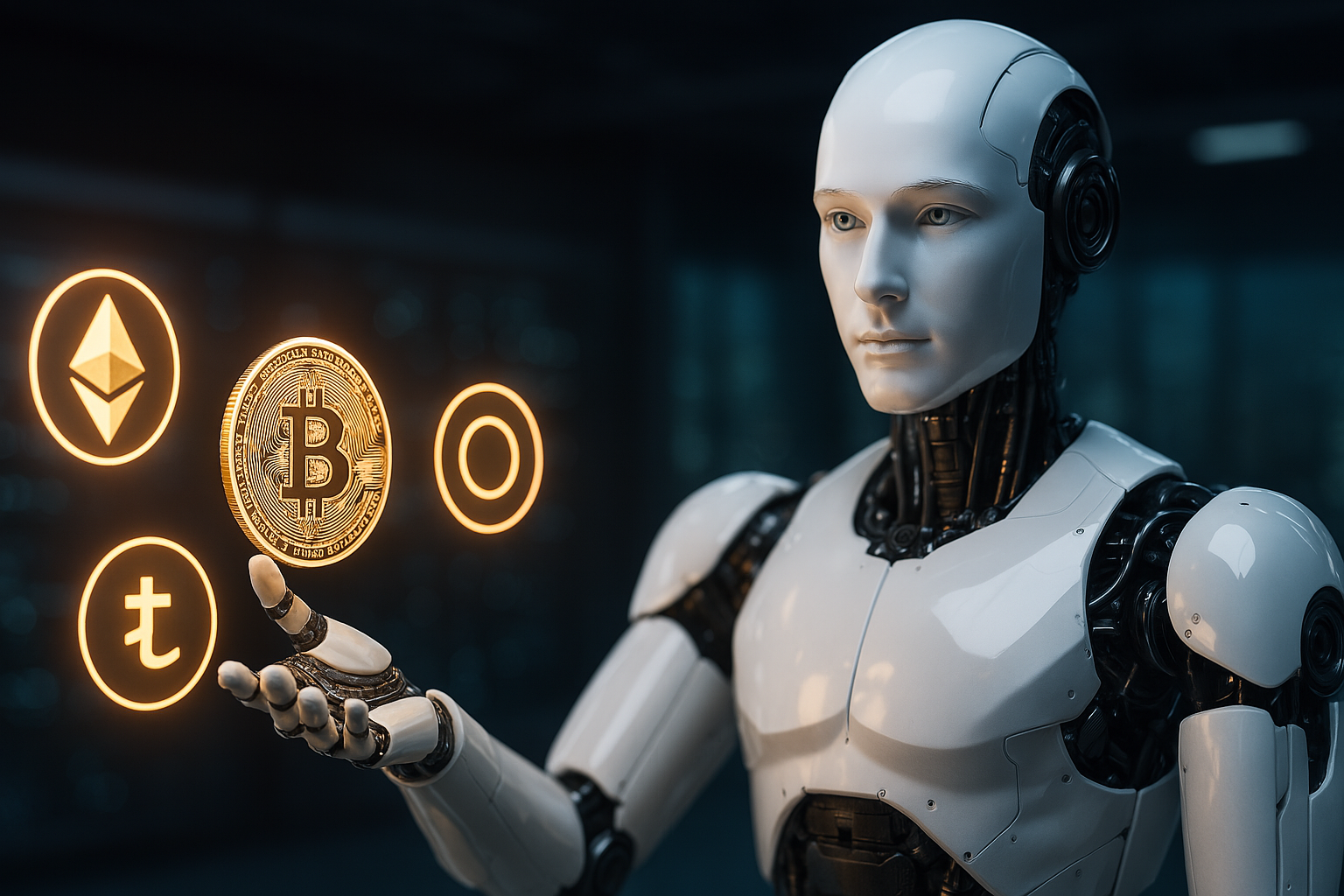
The Role of Cryptocurrency in the AI and Robotics World
Introduction Cryptocurrencies and blockchain technology are increasingly intersecting with artificial intelligence (AI) and robotics, creating a symbiotic relationship that is reshaping how these systems operate. On one hand, blockchain provides decentralized infrastructure, security, and a built-in economic layer for AI and robotic applications. On the other, AI can enhance blockchain networks and enable smarter automation…
-
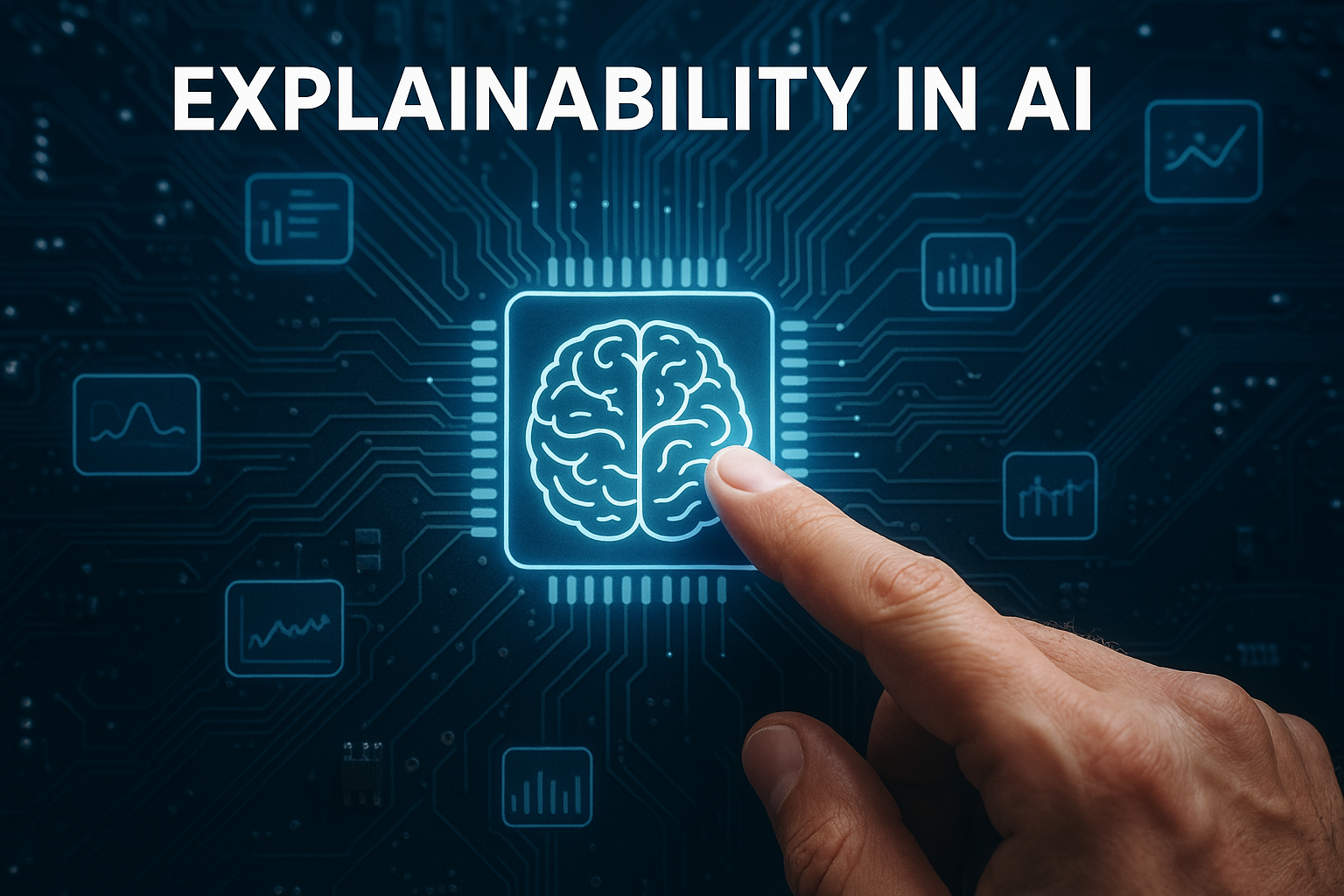
Explainability (in AI)
Definition Explainability in artificial intelligence (AI) refers to the ability of an AI system or model to make its functioning and decision-making processes understandable to humans. In essence, an explainable AI system can provide clear reasons or justifications for its outputs, allowing people to comprehend how and why a particular decision or prediction was made.…
-
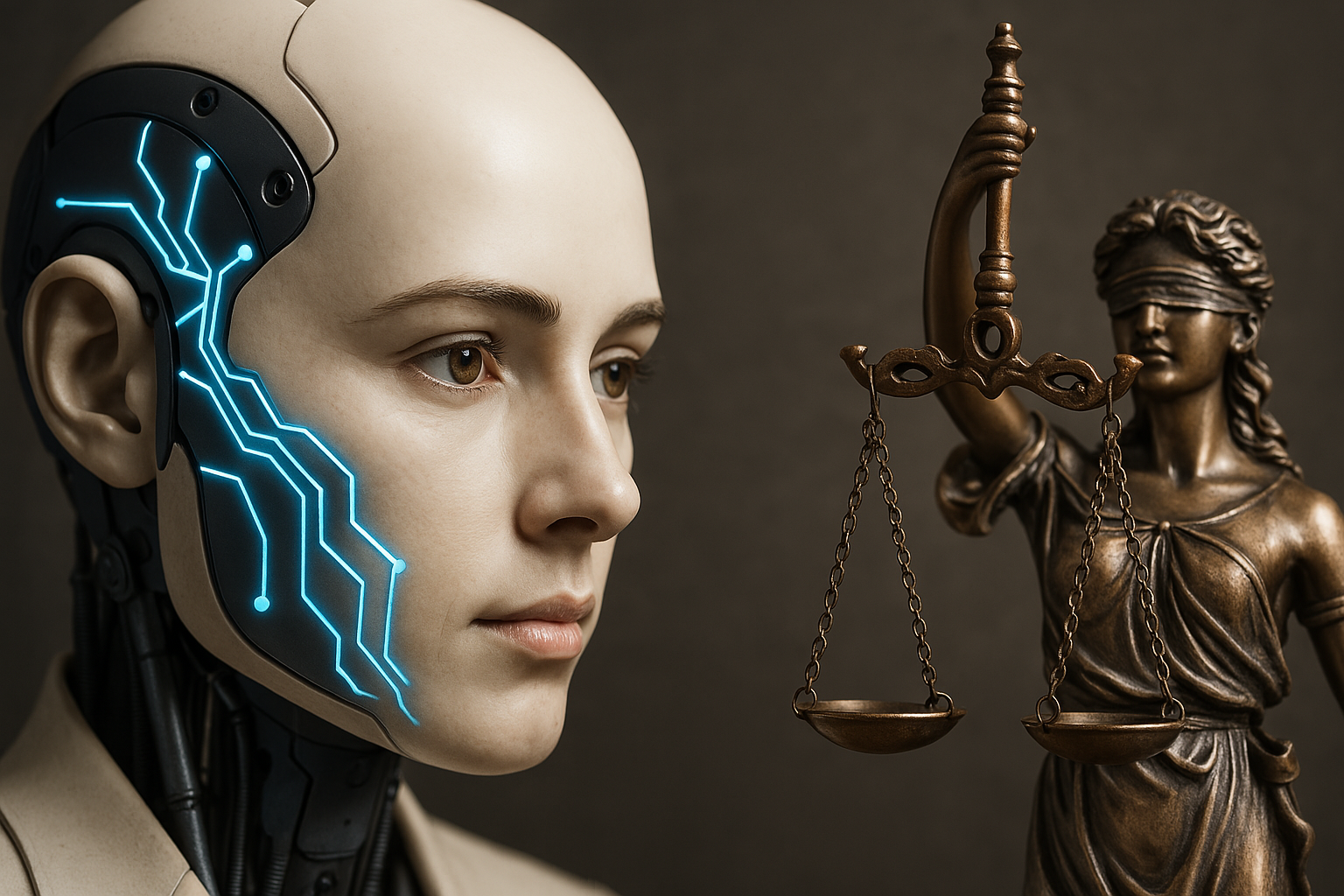
AI Ethics
AI Ethics refers to the field of study and set of practices concerned with the moral principles and societal implications governing the development and use of artificial intelligence (AI) technologies. In essence, AI ethics seeks to ensure that AI systems are designed and deployed in ways that are beneficial, fair, and accountable, while minimizing harm…

